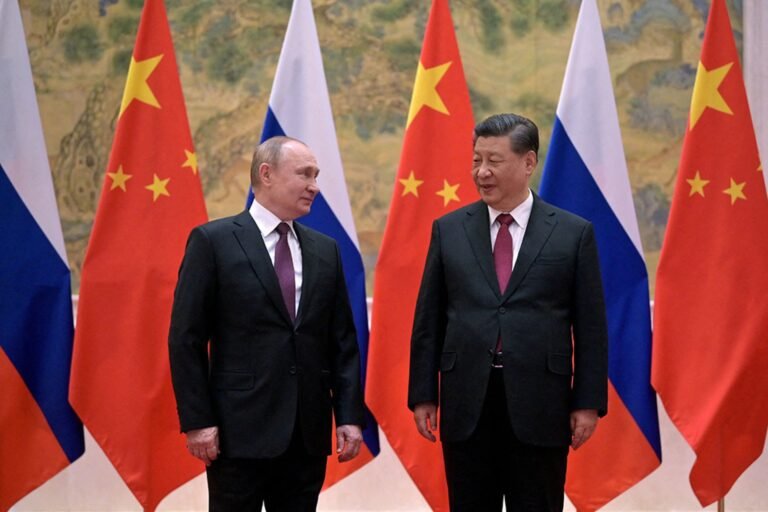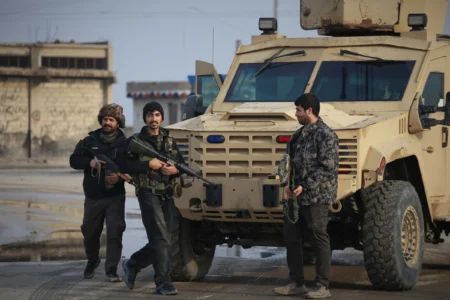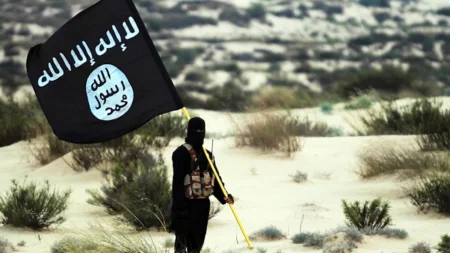Tensions in the Middle East are rising rapidly following a direct U.S. military strike on Iranian facilities. Experts believe that the involvement of major powers like China and Russia may shift the balance in this growing conflict. According to Parvez Karim Abbasi, Assistant Professor at East West University, the situation could widen into a larger geopolitical standoff involving more nations.
Speaking to a local media outlet, Abbasi discussed possible Iranian reactions and the broader regional impact. The most urgent concern is Iran’s response to the airstrikes. Iran has already warned that it will retaliate not only against the U.S. and Israel but also against countries actively supporting them, such as the UK.
A key issue is the Strait of Hormuz. This narrow waterway is vital for global energy transport. About one-third of the world’s crude oil and 20 percent of its natural gas pass through it. Abbasi warns that if Iran blocks this route, oil and gas prices could rise sharply worldwide. Already, Brent crude has jumped 10 percent in response to the crisis.
Iran has previously shown its capability to strike back. Abbasi recalled that in 2022 and 2024, Iran launched attacks on military bases in Saudi Arabia. The U.S. also maintains military facilities in Qatar, Oman, Bahrain, and Egypt. These locations may become targets if the conflict expands further.
According to Abbasi, this situation goes beyond the typical regional unrest. He pointed out that the U.S. had previously criticized past administrations for getting involved in endless Middle Eastern wars. However, current actions show a shift in approach. The U.S. appears to be fully supporting Israel’s military operations rather than acting as a neutral player.
Many experts now fear that this alliance between the U.S. and Israel could lead to more violence. Iran, on the other hand, may gain more backing from global powers opposed to U.S. policies—namely China and Russia.
Abbasi explained that Iran, China, and Russia already maintain close cooperation. All three nations are part of the Shanghai Cooperation Organization (SCO), a regional group led by China. While India has chosen not to join the condemnation of the U.S. strikes—due to its good relations with both Iran and Israel—most SCO members have strongly criticized the American action.
There are clear signs that China and Russia could move closer to Iran diplomatically and strategically. Russia, for example, has received drones and military supplies from Iran during the Ukraine conflict. China imports nearly 20 percent of its crude oil from Iran. Therefore, both countries have major interests in keeping Iran stable.
China is especially concerned about energy security. Any instability in Iran or the Strait of Hormuz would directly impact its economy. Abbasi believes China will apply strong diplomatic pressure to prevent a full-scale war involving Iran. The same goes for Russia, which also views Iran as a strategic partner in the region.
However, it remains unclear whether this support will go beyond diplomacy. Abbasi says direct military cooperation is unlikely at this point. But if the U.S. continues its aggressive involvement, the risk of proxy wars spreading across different regions could increase. Syria and Lebanon are already experiencing the effects of great power rivalry, and further escalation could destabilize more countries.
Abbasi added that the West expected a strong U.S. role in maintaining balance in the Middle East. Yet, by siding so openly with Israel, the U.S. may have lost the opportunity to act as a peacekeeper. This, he believes, might have long-term consequences not just for the region but for global power dynamics as well.
The coming weeks will be crucial in determining how far these alliances will go. If the situation escalates, the world may witness new forms of strategic cooperation between China, Russia, and Iran. This could include not only diplomatic support but also economic partnerships and indirect military coordination.
For now, all eyes are on the next moves by Tehran and Washington. What began as a regional conflict now threatens to reshape international alliances and global energy markets. Abbasi concludes that a wider confrontation could emerge unless the major powers act carefully and avoid pushing the region toward more chaos.







